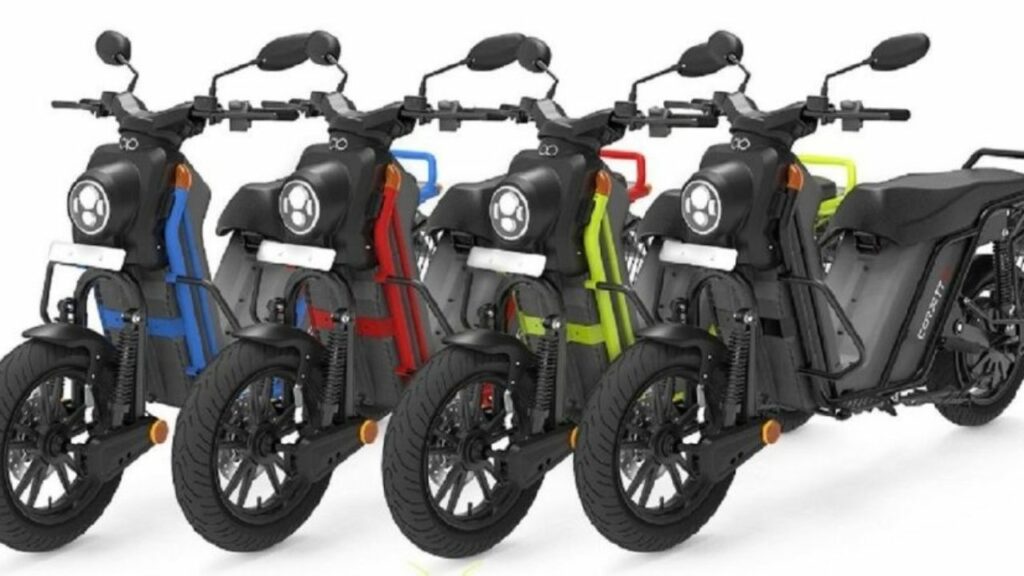Coming times might witness the rise in the prices of two-wheeler electric vehicles as the Ministry of Heavy Industries is considering increasing the outlay for EV two-wheelers and reducing the subsidy per vehicle.

Reducing Subsidy On EV Two-wheelers
Reportedly, the ministry is planning to raise the outlay by 75 percent from the current Rs 2,000 crore as part of the FAME-II scheme.
The government official said that they have no plans to extend the FAME-II scheme beyond March 2024 or introduce FAME-III.
In this regard, a stakeholders’ meeting was held with 24 electric two-wheeler original equipment manufacturers (OEMs) registered under FAME-II recently.
During the meeting, they came to the conclusion that the demand incentive would be maintained at Rs 10,000 per kWh of battery capacity.
However, the cap would be reduced from the current 40 percent of the ex-factory price to 15 percent.
How Does This Help?
The decision is aimed to ensure the scheme’s longevity as the current rate of disbursal would deplete the subsidies within two months.
Soon, the proposal for these changes will be presented to the Programme Implementation and Steering Committee (PISC).
Here PISC is an empowered panel responsible for implementing changes in the Rs 10,000 crore FAME-II scheme.
Most two-wheeler OEMs expressed the desire for the subsidy to continue for a longer period, even if it is reduced, according to the officials.
That is why a consensus was reached to reduce the subsidy to 15 percent for two-wheelers.
Thus further extending the scheme to last until February-March.
But it can not be denied that the industry eventually needs to become self-sustainable, the official acknowledged.
Further admitting that the growth rate of electric two-wheeler sales, which has been high, may decline slightly.
While supporting the industry, the Union Minister of Heavy Industries Mahendra Nath Pandey emphasized the government’s commitment in supporting the growth.
They aim to achieve sustainable growth and reduce carbon emissions, as the demand for electric two-wheelers continues to rise.
He said that this move will benefit both the environment and contribute to a stronger and more resilient economy.
The first phase of FAME India scheme aimed at faster adoption and manufacturing of electric and hybrid vehicles, which commenced on April 1, 2019.
It continued for a three-year period and was later extended for an additional two years until March 31, 2024.
Moreover, the total outlay for FAME Phase II is Rs 10,000 crore, providing incentives to buyers of electric vehicles and encouraging their wider adoption.
Its primary focus is on public and commercial electric vehicles, including electric three-wheelers, electric four-wheelers, and electric buses.
Notably the privately owned registered electric two-wheelers are also eligible for these incentives.












